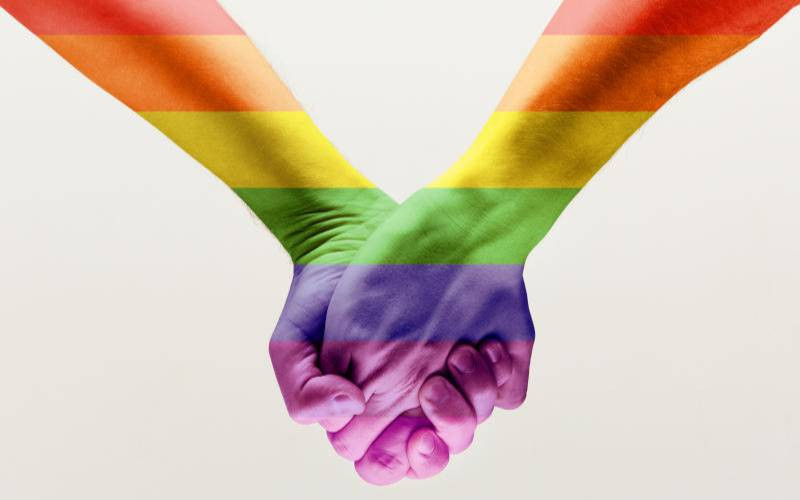
Supreme Court ruled that NGO Board's decision to bar gays from forming groups is unfair; states despite gayism being illegal, they still have a right of association. [iStockphoto]
The recent decision by the Supreme Court of Kenya (S.C.O.K) on freedom of association by the Lesbian, Gay, Bi-sexual, Transgender & Intersex (LGBTQI) persons heralded an uncomfortable jurisprudential spur towards recognition of persons subscribing to the said community. The decision, which has caused sheer disquiet amongst inter alia religious bodies, politicians, teachers and parents promises to have far-reaching ramifications on the LGBTQI debate as we know it.